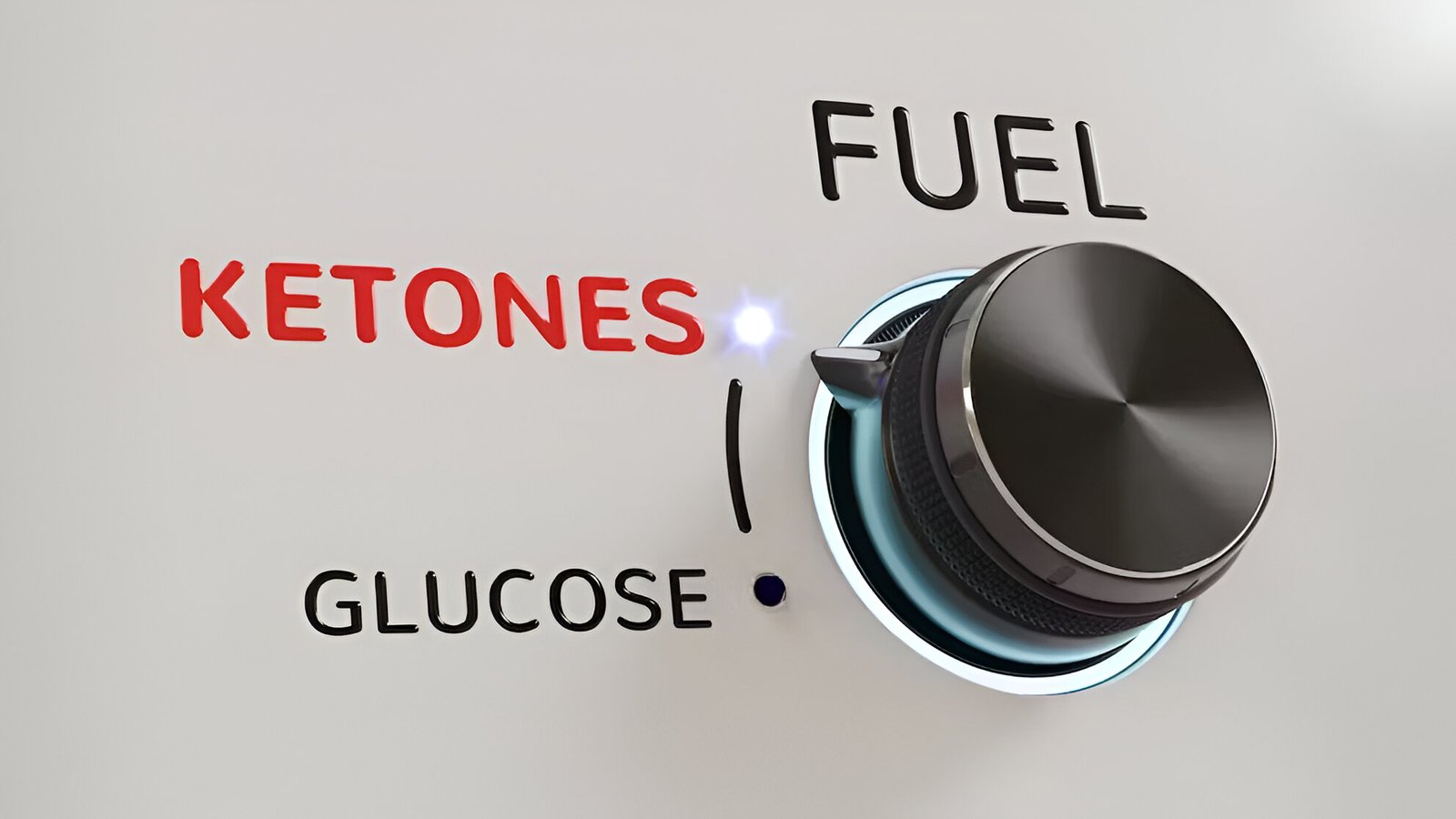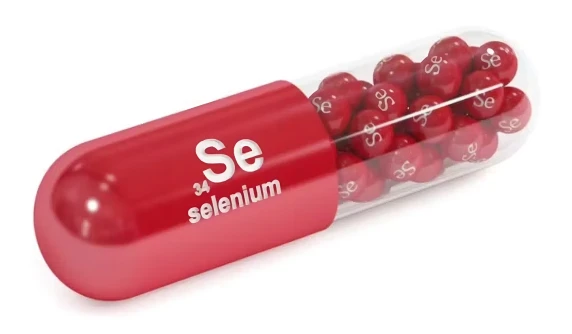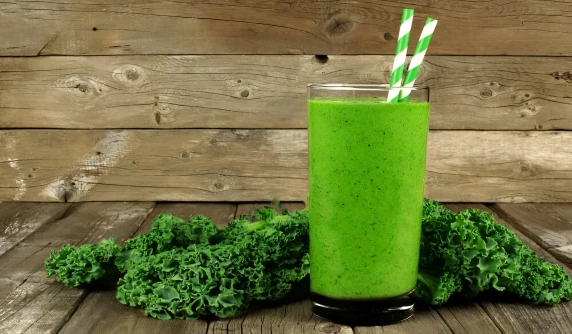
Ever had the feeling that your body is depleted even after consuming a substantial meal? That might be the result of it burning carbohydrates rather than fat. Is it possible to change the energy source that powers your body?
Greetings from the world of ketosis, a state in which your body uses stored fat as fuel. Imagine using your stored fats for energy instead of that spaghetti dish! In essence, you're turning into an effective, independent power plant.
Although it sounds magical, this is only science because ketone bodies are performing all the hard work.
We'll go deep into the workings of these tiny molecular dynamos on our journey through ketosis, but we'll also look at how important a part they play in weight loss and overall health enhancement.
Are you prepared to begin? We're going to go into some real metabolic wizardry, so stay tuned.
Understanding Ketosis
Your body burns fat for energy instead of glucose when it is in the ketosis metabolic state. Ketones, a crucial fuel source when glucose levels are low, are produced as a result of this activity.
The Science Behind Ketosis
Carbohydrates are often the body's primary energy source. However, it must find other sources of fuel when you restrict your consumption of carbohydrates, like with a ketogenic diet.
It breaks down stored lipids into glycerol and fatty acids in response to this demand, further turning certain fatty acids into ketone bodies (ketones).
These provide a different kind of energy that keeps your heart, brain, and muscles operating at their best even when you consume fewer carbohydrates.
Ketones and Fat Burning
One reason keto diets are popular with people trying to lose weight is because they can help with weight reduction by burning fat stores for energy instead of relying on quick-fix sugars from carbohydrates.
According to research, being in ketosis also regulates hunger hormones, which reduces cravings and promotes weight loss even more. That means you won't feel hungry all day long because your cells are constantly burning fat.
Testing for Ketosis
It can be difficult to tell if your body has entered ketosis. There are various methods available, and each has benefits and drawbacks.
Blood Ketone Measurement
The blood ketone test is one widely used technique. This test uses the measurement of beta-hydroxybutyrate (BHB), a vital form of ketone, to provide a precise picture of your body's current condition.
To obtain a tiny sample, you must prickle your finger during the procedure. Rest assured, the pain is not as great as that of walking on a Lego.
Because it detects BHB levels directly in the blood, this approach—despite being more invasive than others—is frequently regarded as the gold standard for determining ketosis.
Urine and Breath Tests
Another way to identify the excess waste product acetoacetate that is excreted through urine when our systems begin using fat for energy instead of carbohydrates is with pee strips.
It's similar to recovering evidence from a crime scene, however instead of playing detective, you're trying to identify the source of energy that your body is using up.
Our bodies may grow less reliant on this economical strategy as they adjust to nutritional ketosis. Breath tests, on the other hand, detect the amount of acetone breathed from the lungs, although they are not frequently employed because of their variable findings.
Role of Carbohydrates in Ketosis
Many times people misunderstand the role carbohydrates play in ketosis. Carbs don't have to be the enemy; they just need to be handled carefully.
Lowering Carbohydrate Intake
You must reduce your carb intake in order to begin a ketogenic diet. Why? due to the fact that your body must enter ketosis. This metabolic state burns fat rather than carbs to produce glucose.
Your body will continue to use glucose as its main energy source and won't transition to burning fat if you continue to feed it an excessive amount of carbohydrates.
Impact on Blood Glucose Levels
Having less carbohydrates lowers blood sugar levels. This causes the liver to start converting fat that has been stored into ketones, which our ancestors used as a great survival strategy when food was in short supply.
According to studies, a low-carb diet is more effective than a low-fat diet for regulating blood sugar levels.
Hypoglycemia and Ketosis
Your body burns fat as fuel when it is in a condition of ketosis. However, did you realize that hypoglycemia can occasionally result from this? Let's examine the specifics.
Recognizing Hypoglycemia Symptoms
While following a ketogenic diet, it may be challenging to distinguish between hypoglycemic symptoms and those of ketosis entry, which are frequently referred to as "keto flu."
This is due to the fact that a lot of symptoms resemble those that are present during the "keto flu," or early stages of entering ketosis. These could include experiencing mental disorientation and feeling lightheaded or vertigo.
You must pay great attention to what your body is telling you. If these symptoms continue even after adjusting to the ketogenic diet well, hypoglycemia—a condition marked by low blood sugar—may be the cause.
More information will be obtained by monitoring both blood glucose and ketone levels.
Exogenous Ketones and Their Uses
An examination of the advantages and disadvantages of exogenous ketones.
The Role of Exogenous Ketones in Energy Production
Recognizing the ways in which exogenous ketones can supplement energy for particular people and circumstances.
Exogenous ketones have the potential to provide your body with a rapid energy boost. This is especially helpful as you enter ketosis, a state in which your body burns fat for energy rather than carbohydrates.
It's interesting to note that these synthetic ketone bodies improve sports performance by giving more energy during intense exercise. But keep in mind, these aren't miracle drugs. Maintaining a healthy diet and regular exercise regimen is crucial.
Limitations of Exogenous Ketones
Talking about why a low-carb diet is still necessary to achieve ketosis and cannot be replaced by exogenous ketones.
A frequent misperception regarding exogenous ketone supplements is that you can pop them like candies and go into full-blown nutritional ketosis. That is not at all how it is.
You must adhere to a low-carb diet steadily over time in order to achieve true nutritional ketosis; there are no short fixes.
Therefore, these supplements don't work to induce long-term metabolic adaption, even though they might help temporarily raise blood-ketone levels (think fasted morning runs).
Keto Friendly Chocolate
Finding chocolate that is suitable for a ketogenic diet can be a fulfilling journey. Of all the alternatives, keto chocolate chip cookies stand out as a popular choose.
With keto-approved ingredients like coconut flour, almond flour, and sugar alternatives, these carefully made cookies deliver a pleasant balance of flavors without the guilt of too many carbohydrates.
Keto chocolate chip cookies demonstrate that you can enjoy the rich, chocolaty taste while adhering strictly to your low-carb dietary restrictions, whether they are eaten as a dessert following a filling keto dinner or as a snack to quell cravings.
Keto chocolate chip cookies are a special treat that will fulfill your sweet taste while following a ketogenic diet. These delicious treats have been mastered by countless companies and recipes, so they will fit in perfectly with your keto journey.
Low-carb chocolate treats like these cookies can be a guilt-free joy that adds a hint of sweetness to your ketogenic experience, regardless of how experienced you are with keto.
In summary
Ketosis is a real metabolic process rather than a magic bullet. It involves using fat stores as a fuel source, made possible by ketone bodies.
Doing a ketosis test? Blood measurement wins hands down. Tests for breath and urine are also useful.
Recall that carbohydrates also play a big part in this! Reducing your intake can cause your blood glucose levels to drop and put you directly into ketosis.
However, be cautious about hypoglycemia; be aware of its signs and prepared to take action if they occur when you are in ketosis.
Not to be overlooked are exogenous ketones! They can supplement a low-carb diet to help achieve full-blown ketosis signs and symptoms, but they cannot take the place of one in terms of energy delivery.





